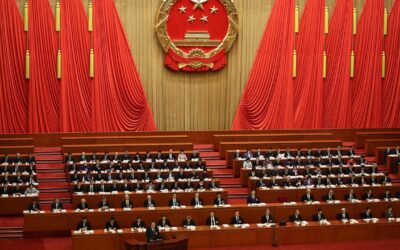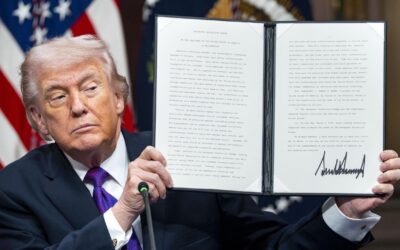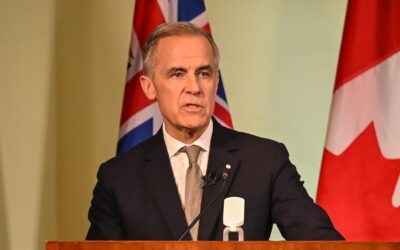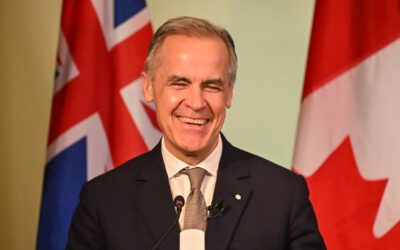Sorry, that’s old news…
You’ve found an older news story. We delete stories from our AAP News Feed after two months. But fear not, here’s today’s news!

China has slightly lowered its economic growth target for 2026, leaving room for greater measures to address ...

Star's former boss knew of suspicious activity linked to lucrative overseas junkets in casinos but failed to ...

Donald Trump is pressing big tech to build its own power sources as AI data centres spark anger over electric ...

Canada's prime minister will address federal parliament against a backdrop of global volatility as he urges ...

Australians stranded for days in Dubai have touched down on the first Sydney flight out of the UAE city since the ...

Despite an uptick in the economy's pulse, experts warn Australia is in desperate need of major surgery at the May ...

Fitch is the second agency to revise down Indonesia's sovereign rating outlook, after Moody's cut its outlook due ...

Australia might not be a major global player but is well-placed to help restore order in a tumultuous world, ...
No results found.
Background image courtesy victoriancollections.net.au